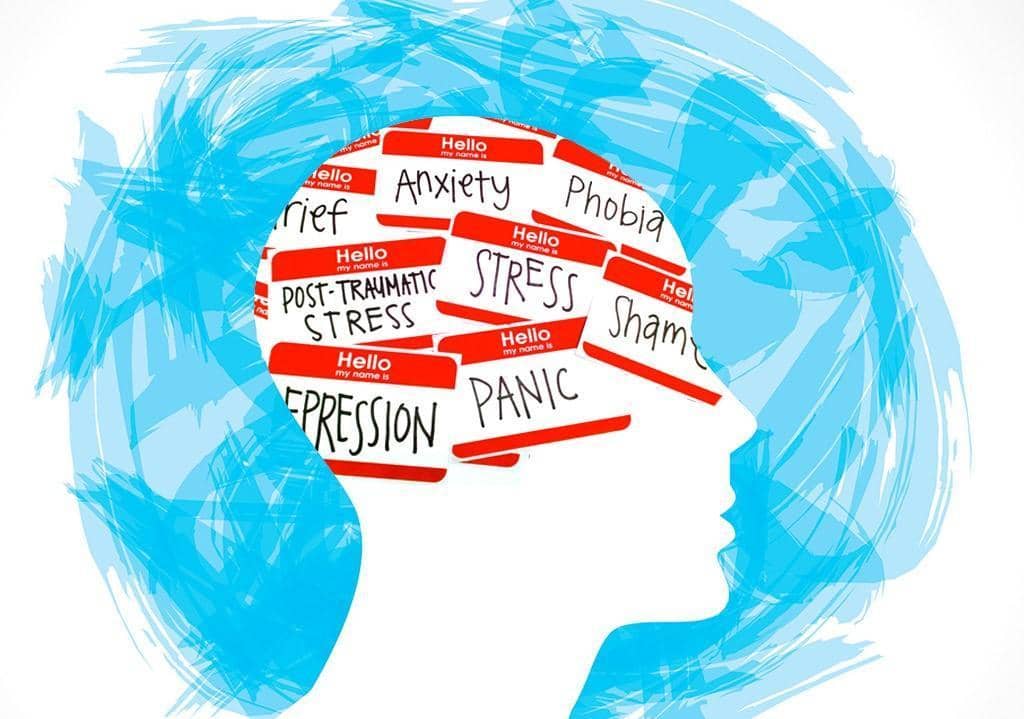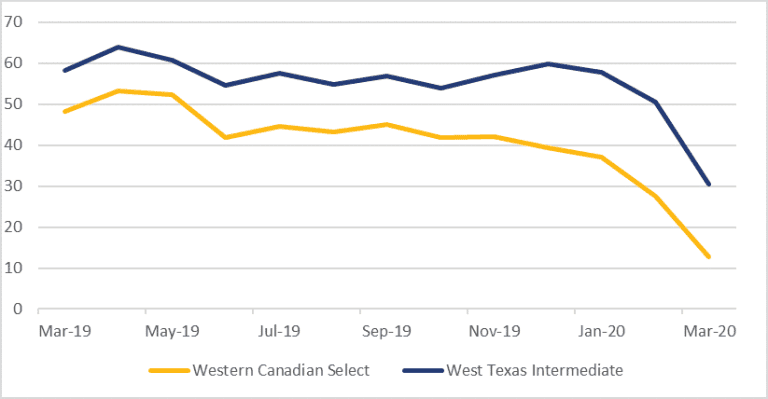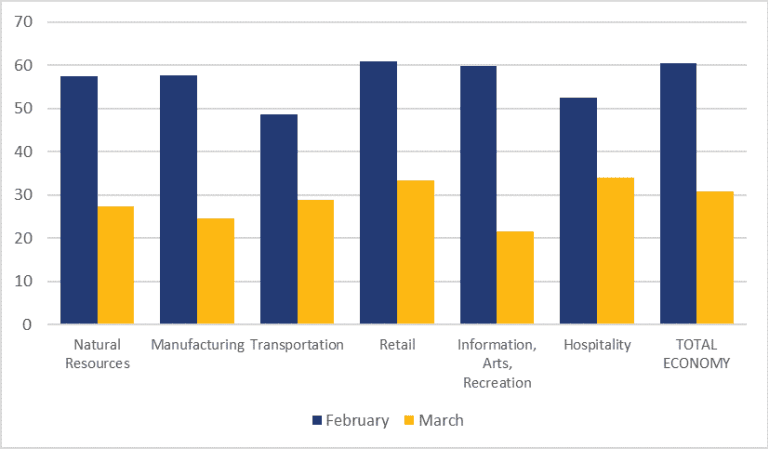GLOBALISED CHALLENGES FACED IN ACADEMICS DUE TO COVID-19
The pandemic COVID-19 that originated from Wuhan province in China initially affected the world economy drastically including the education sector. The universities started to operate remotely due to shutdowns and effects of COVID-19. Hence, affecting many things associated with academics in a globalised world. This is including seminars, conferences, lectures, practical demonstrations, sports, etc. etc. According to the reports from WHO i.e. World Health Organization, the coronavirus pandemic affected the education sector at a very fast pace. As part of the initial impacts & challenges, the number of universities has either postponed or canceled all campus events. These events included workshops, conferences, sports, and other activities.
The physical presence matters most during the academics rather than the remote learning aspects. These are matters that hold importance in terms of the ‘digital literacy’ elements in learning. The way digital literacy has transformed the education system across the world is phenomenal. However, still, there is no alternative to physical involvement or an environment where you are physically present. It helps a lot in student’s confidence levels, their practical learning developments, and interaction skills with staff and other students. Having said that, people have shown flexibility in learning. As they have introduced new dimensions of study in the form of remote learning procedures. Learning remotely through the internet & digital platforms is a common practice being part of digital literacy measures.
The globalised challenges faced due to the pandemic COVID-19 has affected the academics internationally. Listed below are a few of them:
Shifting from Face to Face to Online Classes:
Shifting from Face to Face to online classes is also a globalised challenge. Universities, colleges, and schools worldwide have accepted readily the challenges of remote learning. However, this has really affected the attitude of students, teachers, staff members, and other faculty members in the deliverables. Delivering thoughtful lectures in the modern education system through brainstorming of ideas. Therefore, it needs students to be present physically with mind, body, and soul. It shows the attitude and level of seriousness towards a goal.
However, online teaching is something not new in the globalised modern world. Used in distance learning effectively, online teaching is an old practice. Many faculty members in universities get their training to use online platforms. They use it either as the only delivery mode or something that’s an addition on to face-to-face teaching. The transition or movement from normal mode to the online mode has raised a number of questions. Ironically, the effective use of technology in terms of capabilities has raised many questions. Hence, a shift from face to face to online is always a challenge. More or less as not everyone possesses digital literacy even in these modern times.
Assessment & Evaluation:
Another huge challenge is the assessment & evaluation of the students to rate them in terms of their knowledge and deliverables. During the pandemic COVID-19, the assessment and evaluation procedures have been affected. Hence, remote procedures lack transparency & the tendency to create doubts is on a high. A doubtful eyebrow is always raised as good assessment & evaluation needs the presence of students physically in class.
According to many academic experts in the world of education. The applying of the assessments online on the courses designed from face-to-face learning is a challenging task. There are uncertainties as we discussed the procedures for the administrating outstanding assignments, projects, & other continuous assessments.
The most important thing is assessments in lab tests for science students. Lab tests, practical & performance tests are not possible to conduct online. Especially, for those students who don’t have an internet facility, the sufferings are high with respect to evaluations.
Travel Restrictions:
During the pandemic, heavy travel restrictions have brought an increase in globalised factors to academics. Adverse effects on education due to travel restrictions are because flights have been canceled especially international flights. This has limited the conferences that happen at least a few times in a year. Frequently in various countries on education and improving the education system globally.
Big universities, especially in the United States and Canada, have requested their staff not to travel and avoid traveling procedures. This has globally affected staff training programs as well.
International Students:
Students from around the globe come very often to North America especially in the USA and Canada for higher education and future prospects. The two countries are part of the globalised economies that have changed academics internationally. While there has been a decrease in this year’s intake. Hence, some students that have already arrived are having problems due to COVID-19 lockdowns. The pandemic has definitely resulted in decreasing the number of international students coming to Canada, sponsorships, bursaries, and many other aspects linked with international students & studies. Things are getting better, however, the impacts due to COVID-19 has deeply dented the economy.
Mental Health Issues:
The mental health & well-being of students in this global world affected by COVID-19 has been an issue of concern. The pandemic has caused many students and staff to work from home stress issues, anxiety problems & other challenges. These are because of a lack of exposure and no social interactions. For international students, the concerns relate heavily to their health and safety. Hence, students are also concerned with the health of their loved ones in their home countries. Furthermore, travel restrictions making things worse in terms of mental health.
The mental health issues and challenges are rising and universities need councilors and health practitioners in the academics sector. The critical days are on extreme because of COVID-19. The bringing of stability to the minds of people is needed through special consultants & specialists. Hence, there are many questions that arise with regard to universities. Are they taking proactive measures to support the mental health issues in students? Do universities in the world have professionally trained counselors who can understand students with mental health problems? And many other similar questions need to be asked on a globalised level.
Read the related blog: SUPPORT FOR FRESH STUDENTS & GRADS AFFECTED BY COVID-19





